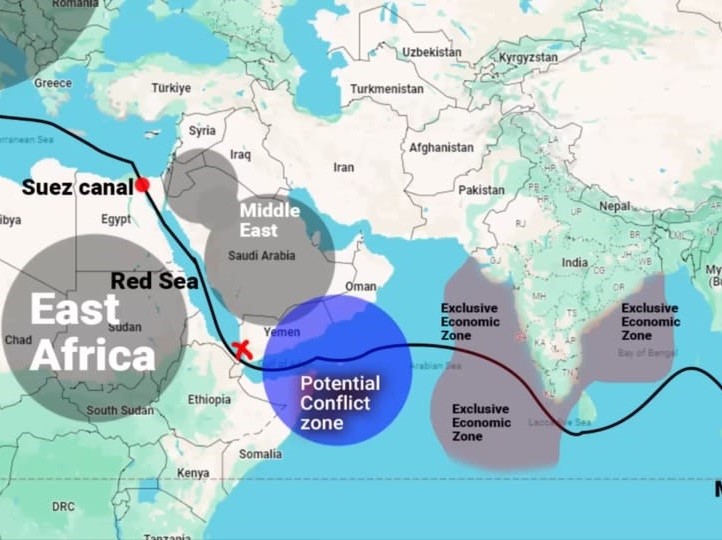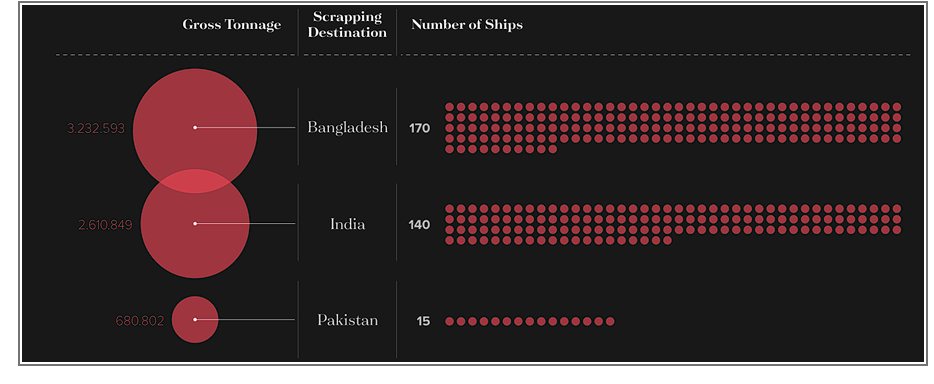Offshore Biotechnologies and partner SeaGen Aquaculture have cultivated over 100 species of marine sponges to support new methods in offshore seabed restoration and enhancement.Sponges were collected from 80 meters below the surface,
Offshore Biotechnologies and partner SeaGen Aquaculture have cultivated over 100 species of marine sponges to support new methods in offshore seabed restoration and enhancement.
Sponges were collected from 80 meters below the surface, 12 miles offshore in Victoria, Australia. A purpose-built system to house the cold-water sponges was established before scientists were able to rapidly cultivate the sponges and seed these onto 'reef pods' that will be used to rebuild deep-water sponge gardens.
Along with the mass cultivation of sponges, Offshore Biotechnologies recently deployed 120 tonnes of limestone rubble, eight reefs made from recycled shells soured from restaurants, and 64 concrete mats made using a special recipe designed to attract marine life.
Scientists from Deakin University will monitor the reefs using underwater drones to track the recovery of sponge communities and marine biodiversity.
“This project is a huge step forward for Nature Positive energy developments and decommissioning. Whist methods exist to restore and enhance shallow water ecosystems like seagrasses and shellfish reefs, deeper water ecosystems including sponge gardens have been out of reach, until now,” said Chris Gillies, CEO of Offshore Biotechnologies.
In deep-sea ecosystems, sponges dominate where light-dependent corals and seaweeds cannot thrive. They provide critical habitats for valuable species
Content Original Link:
" target="_blank">



























































